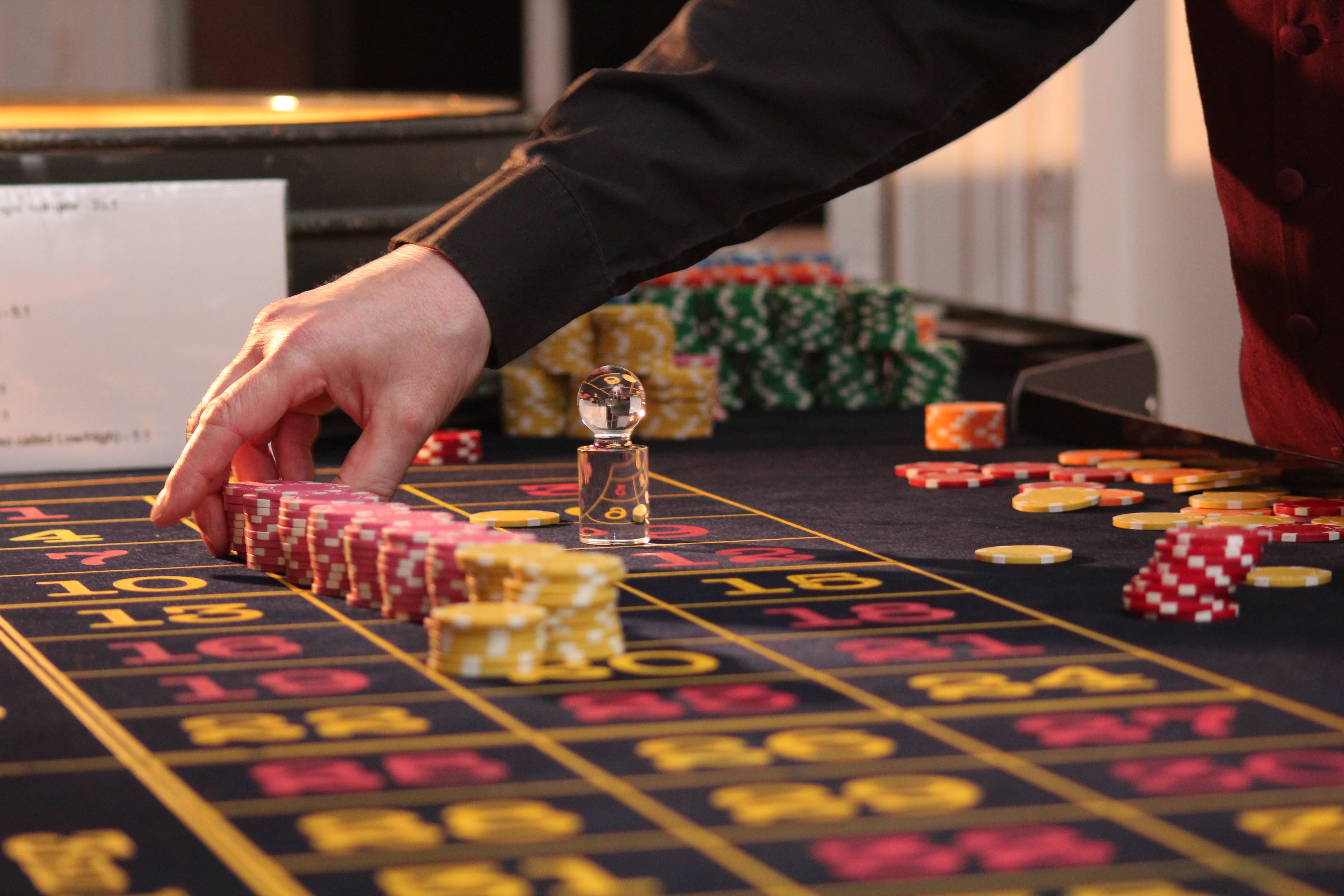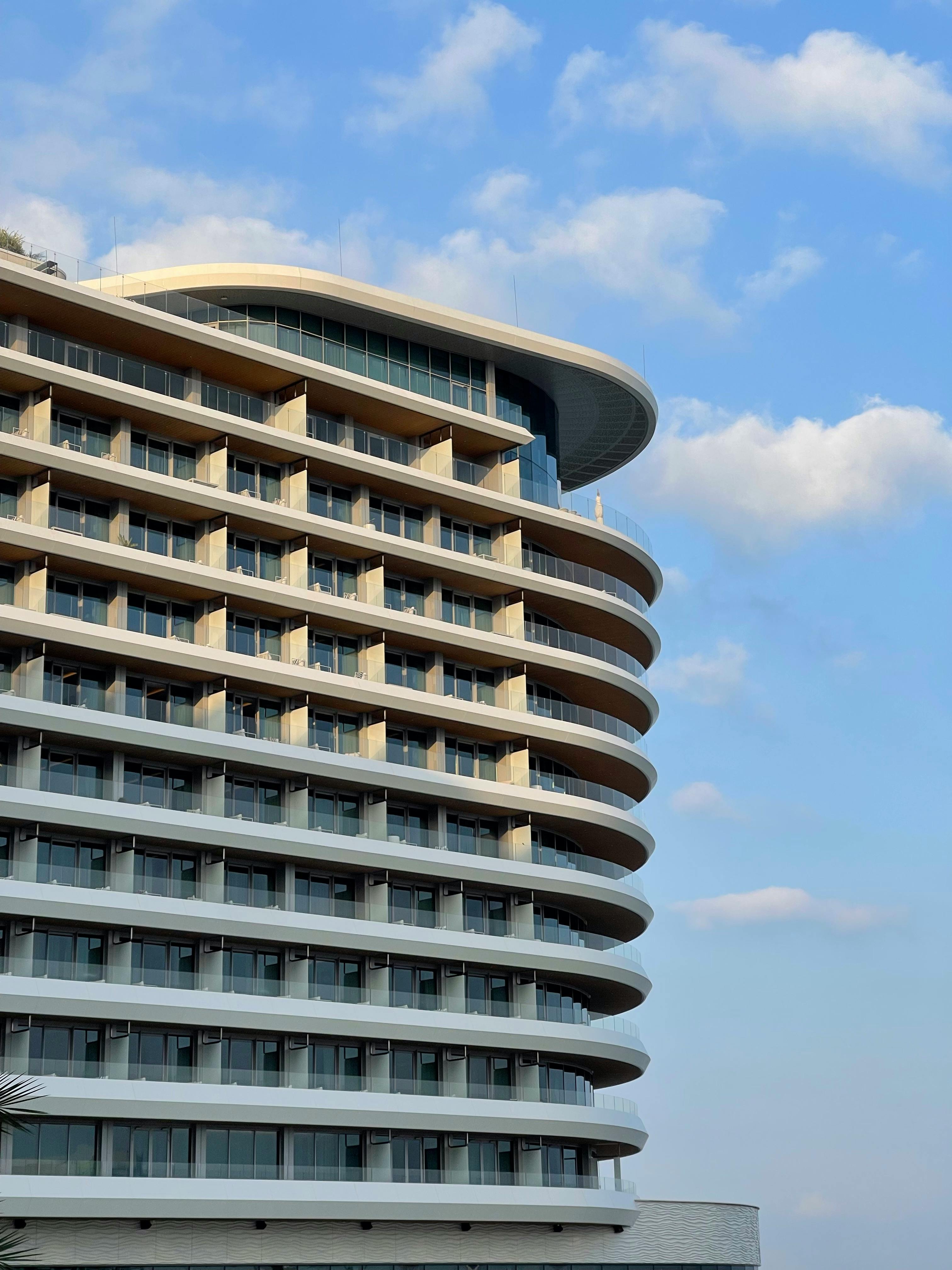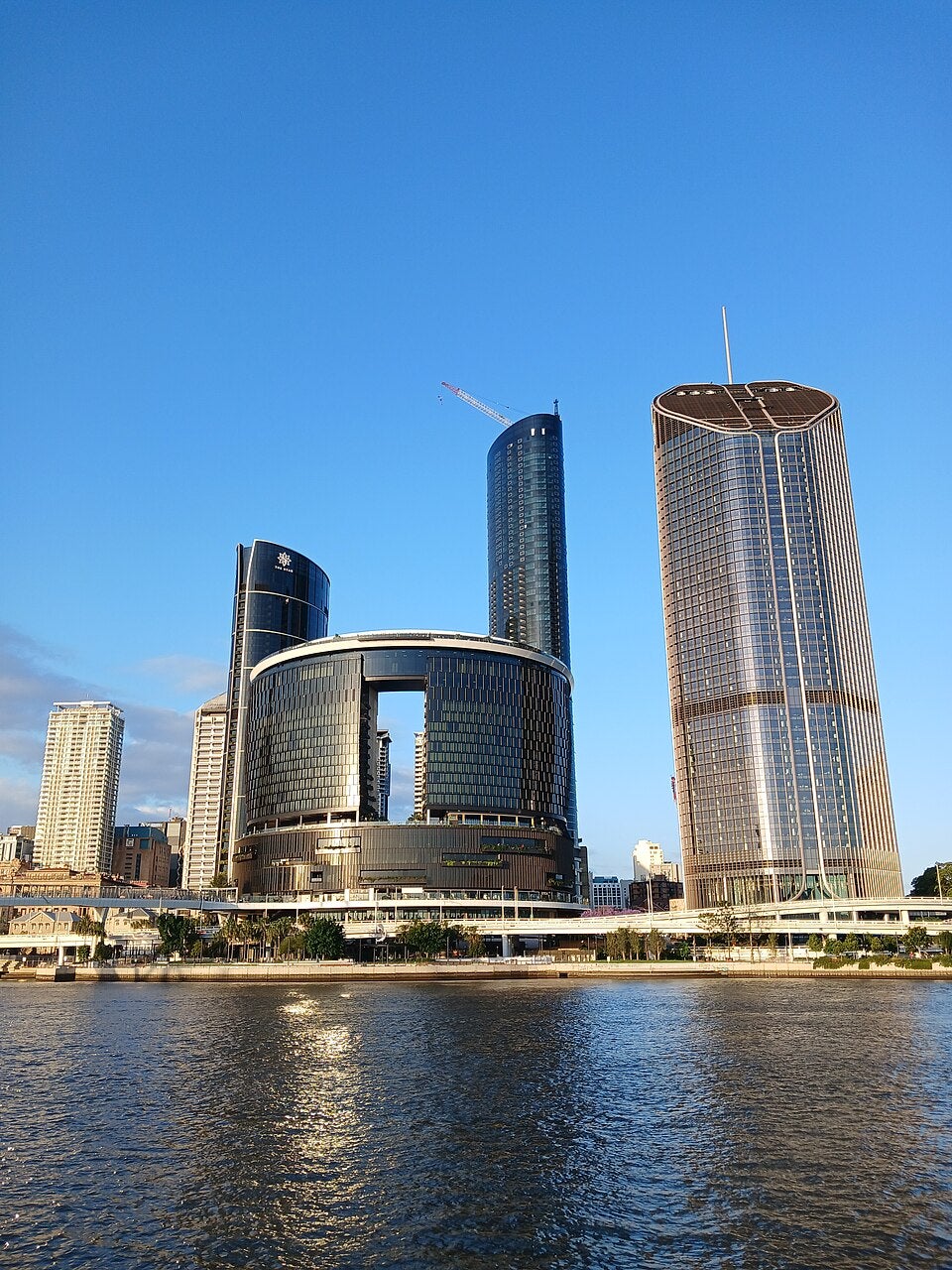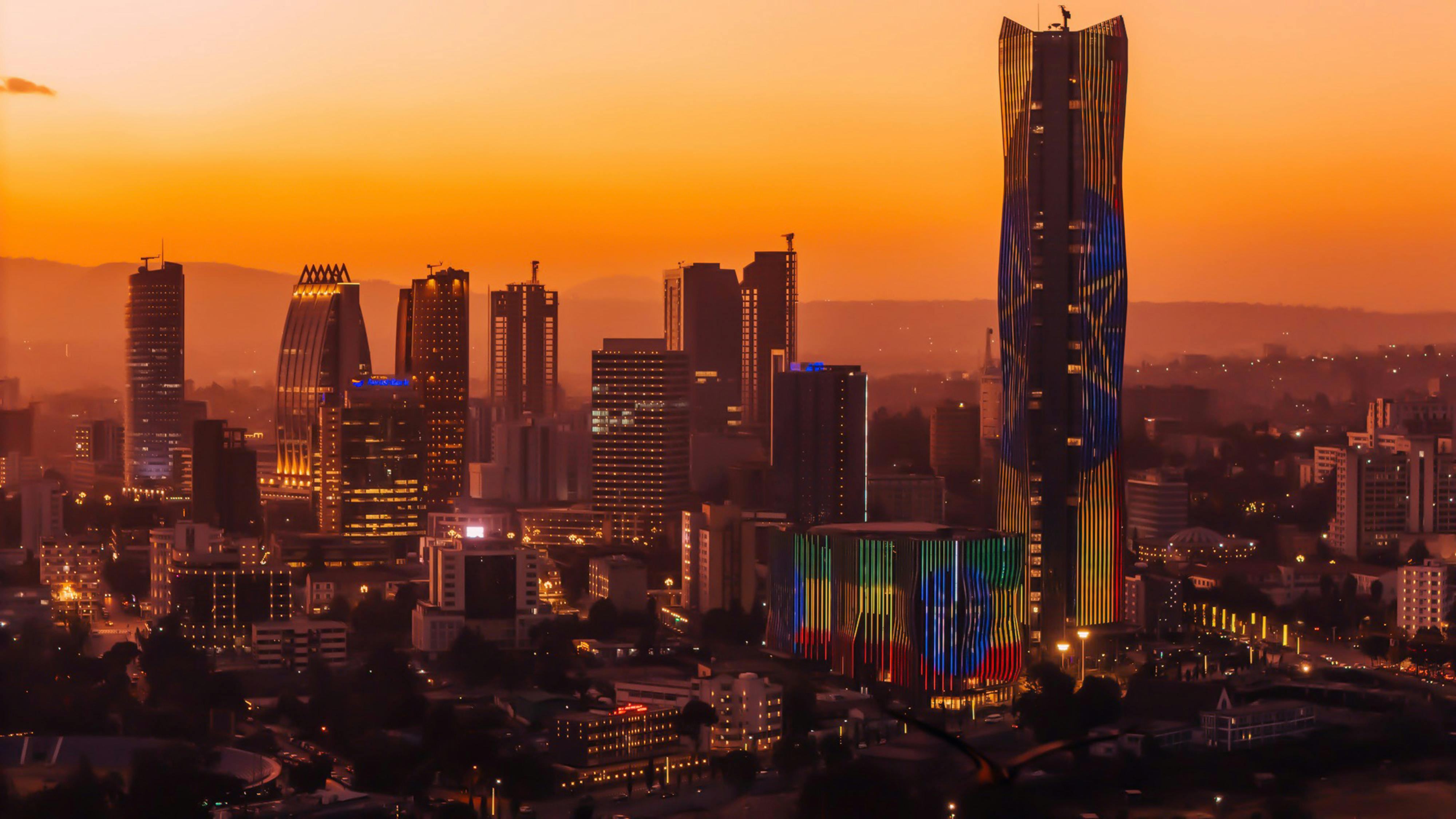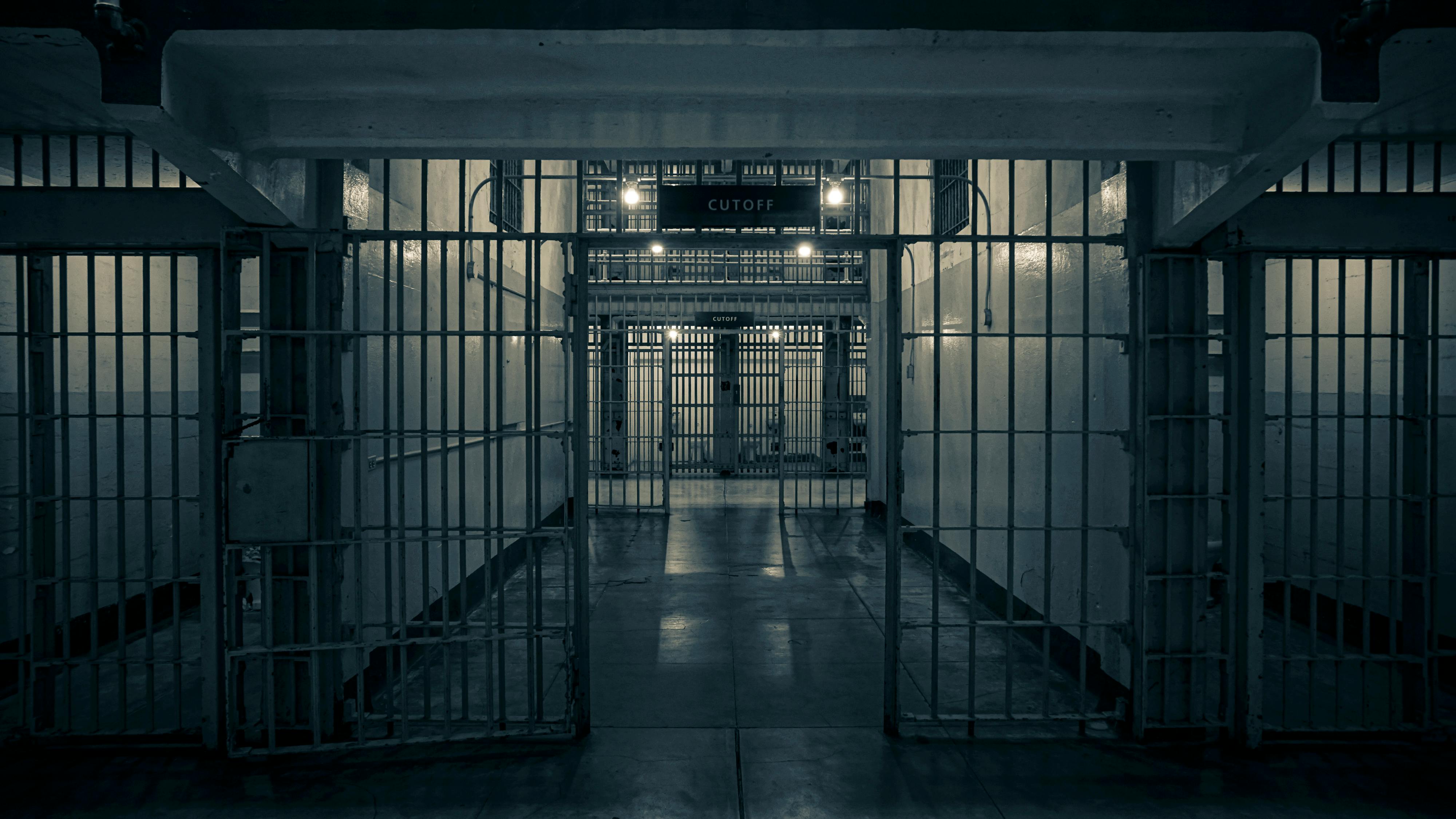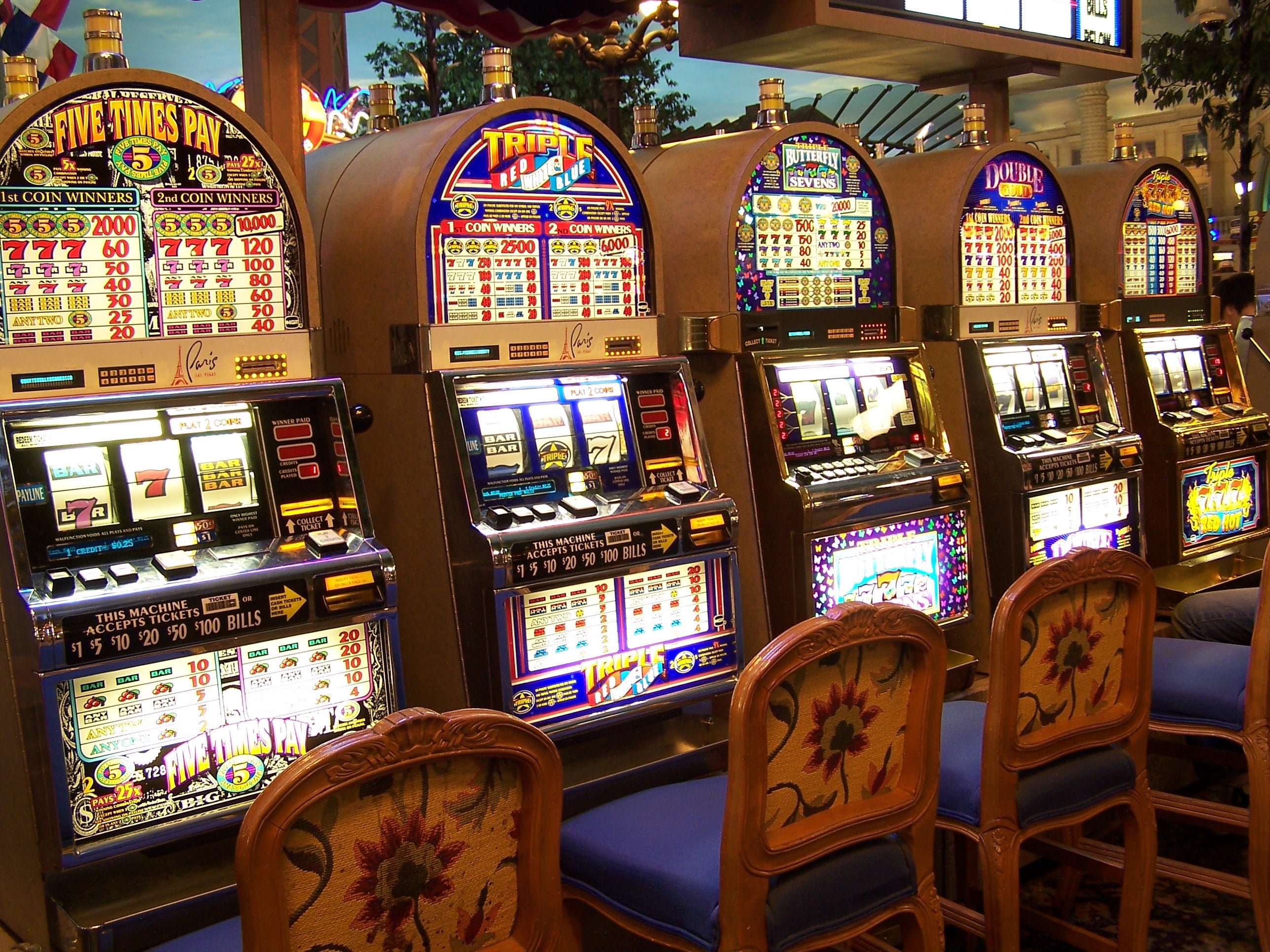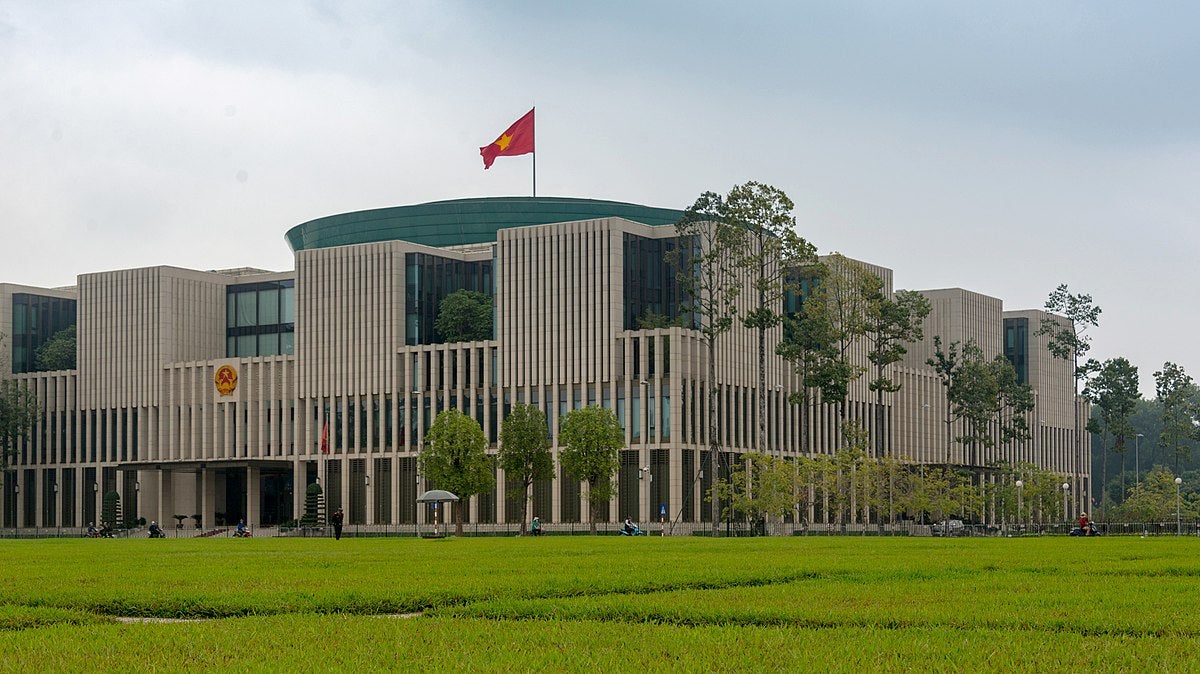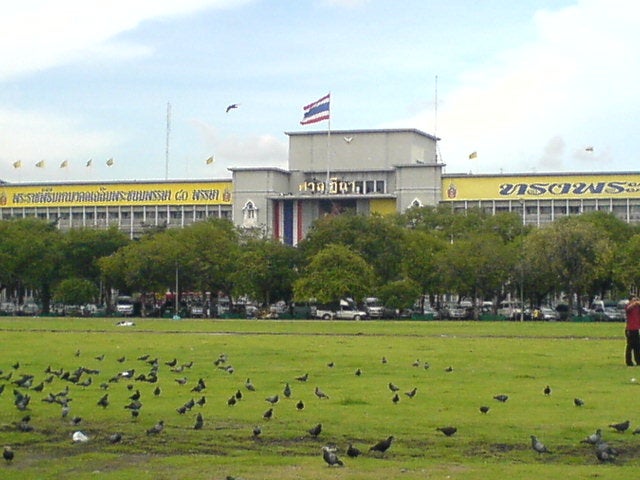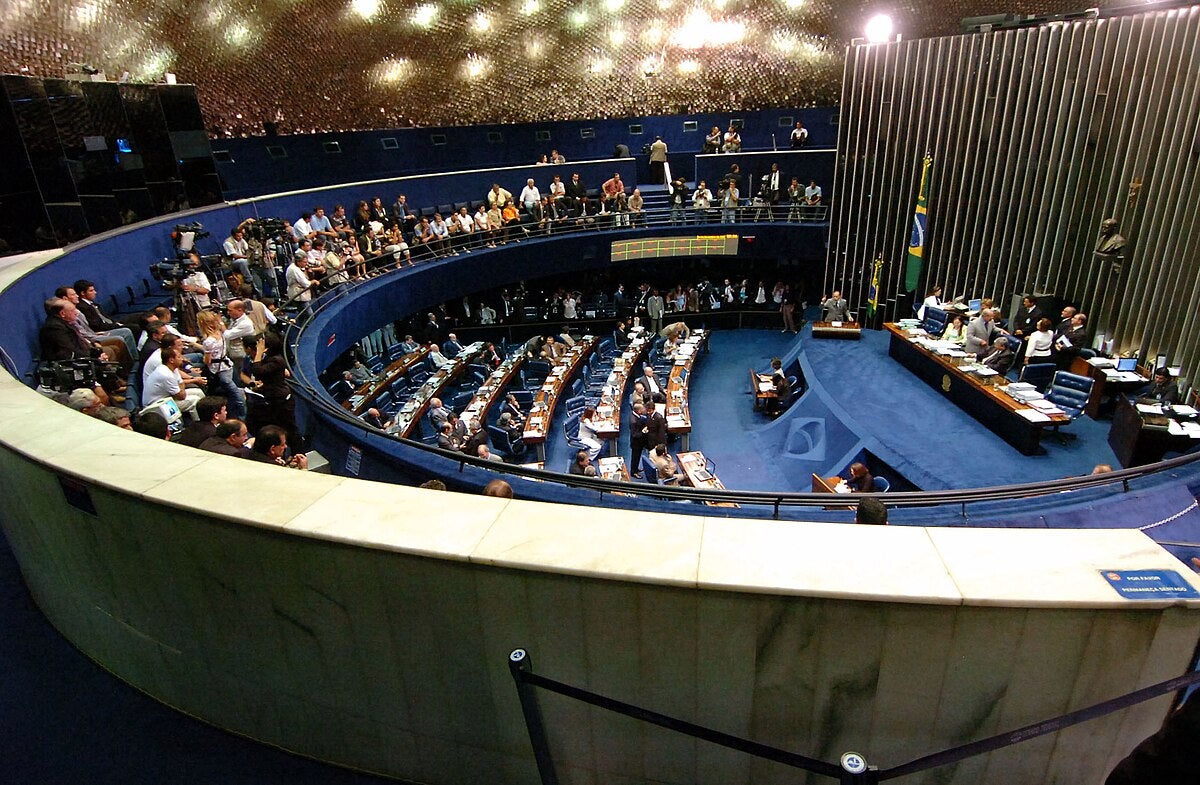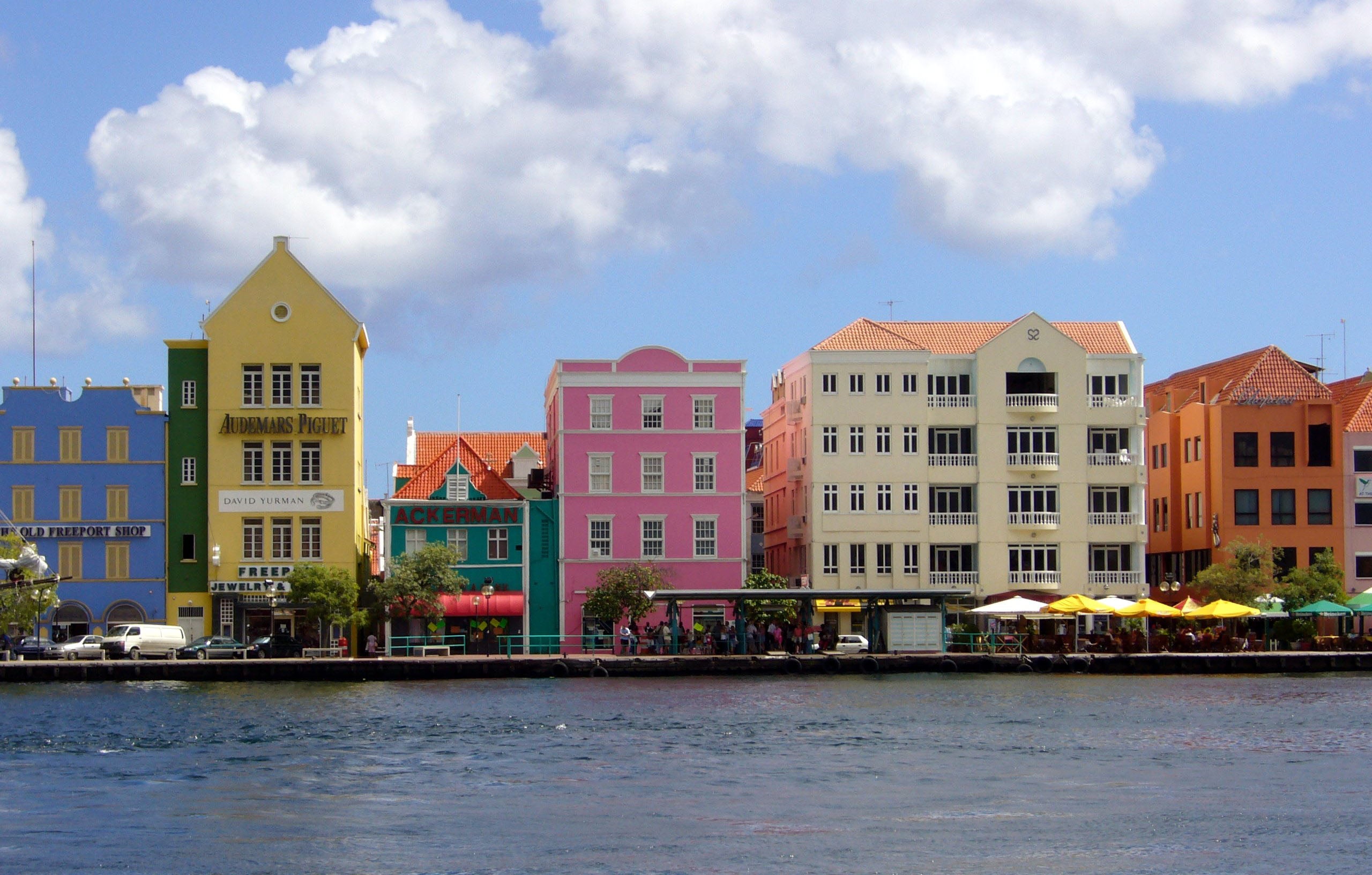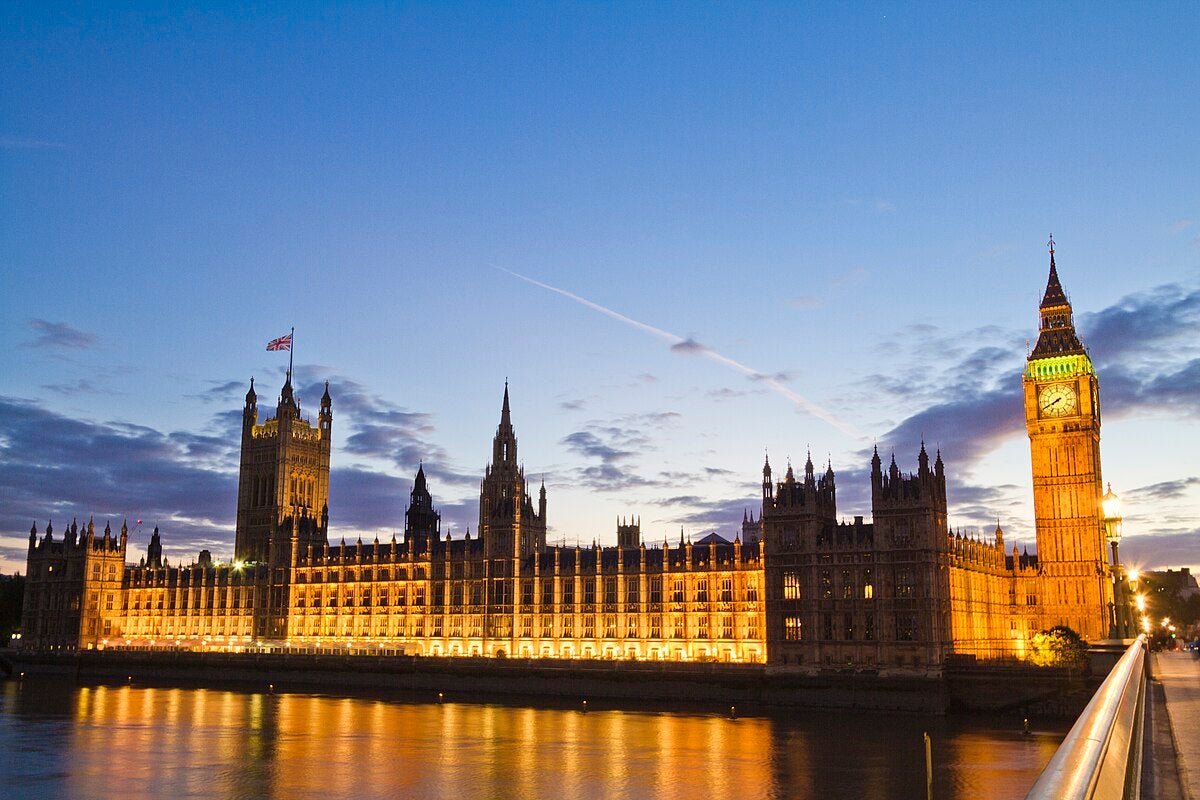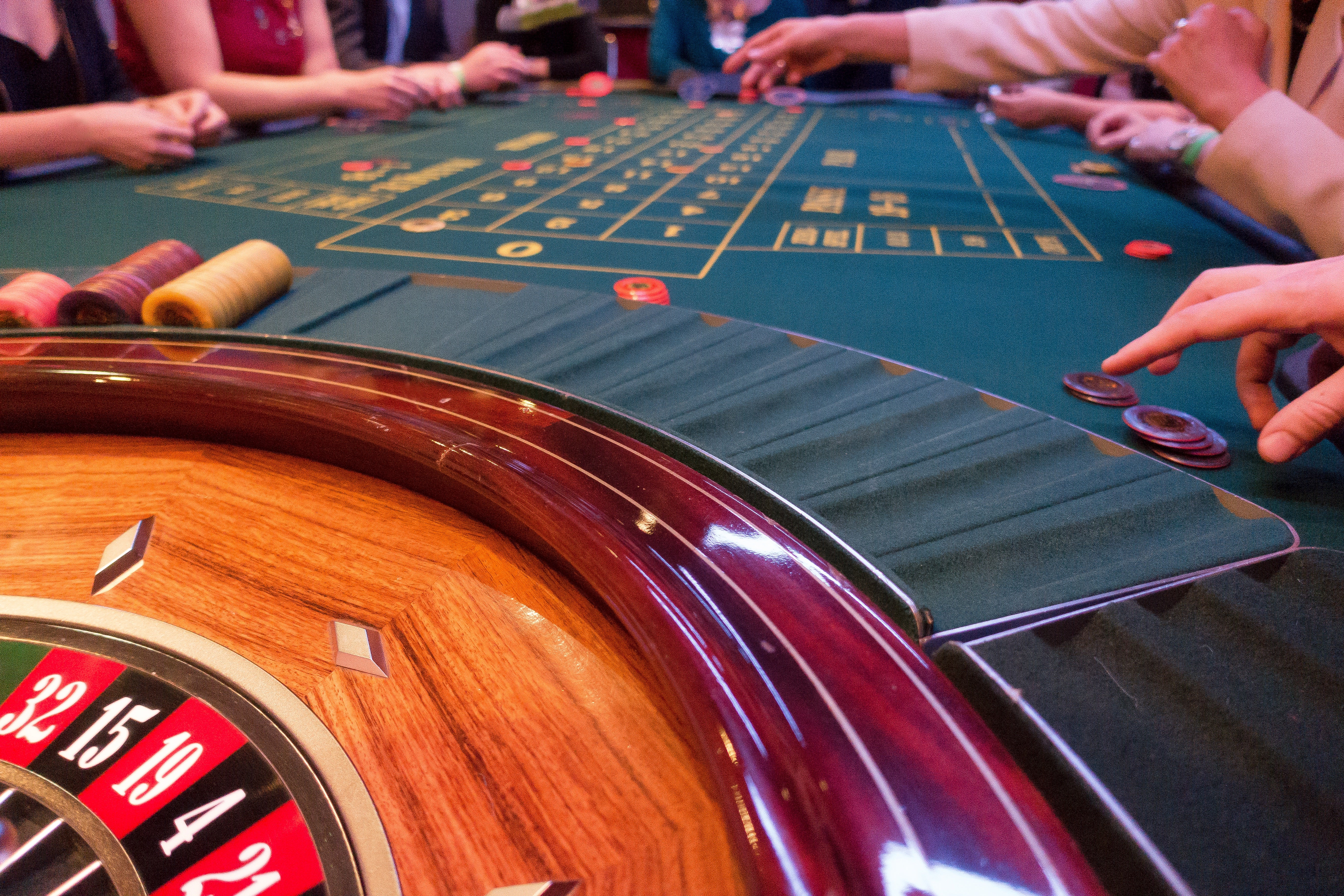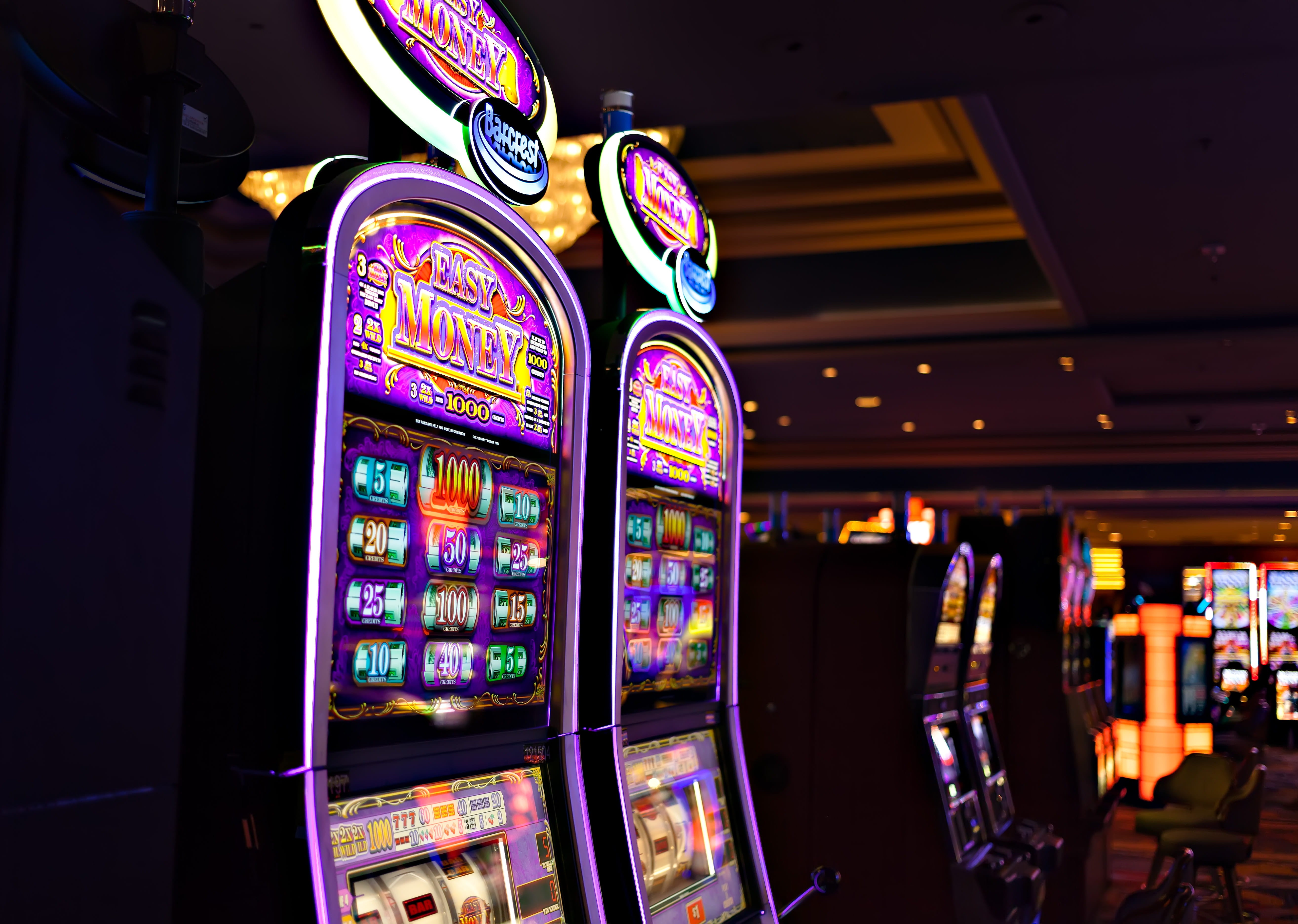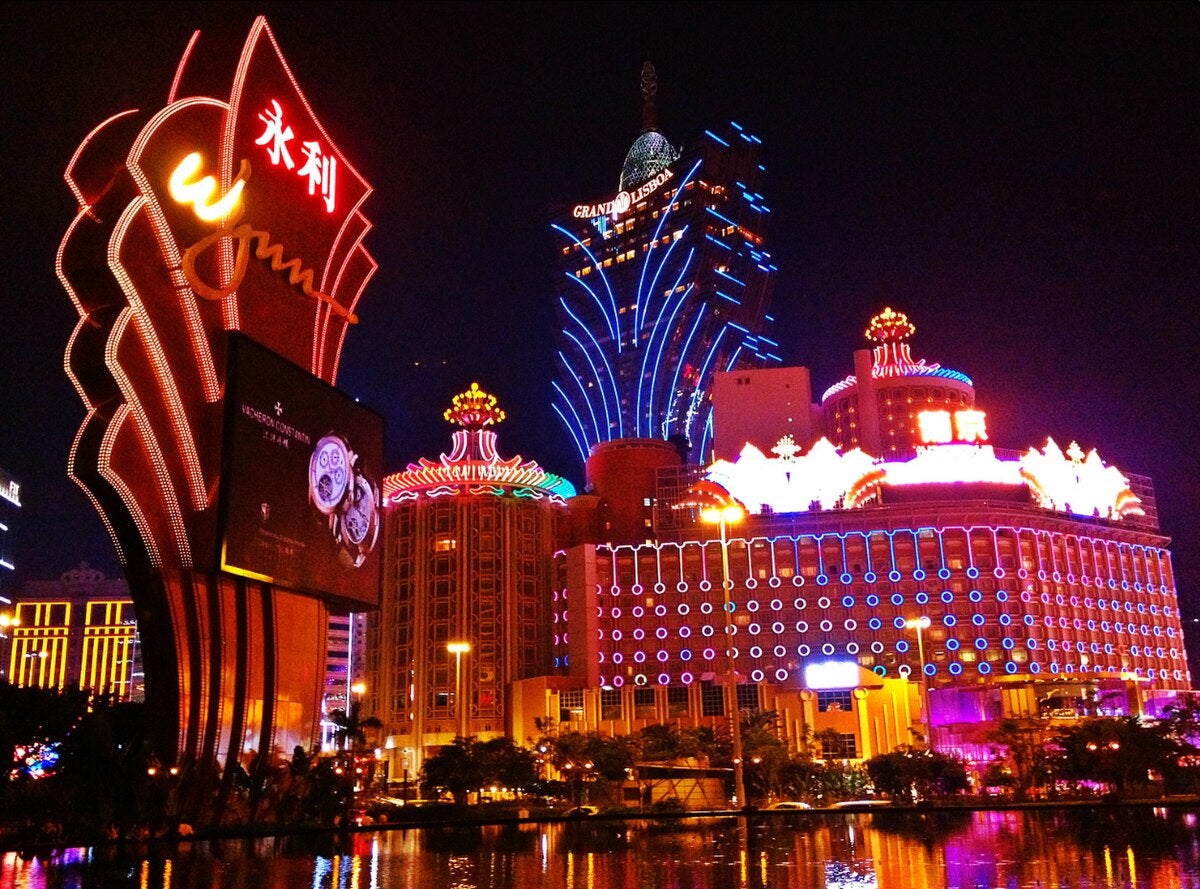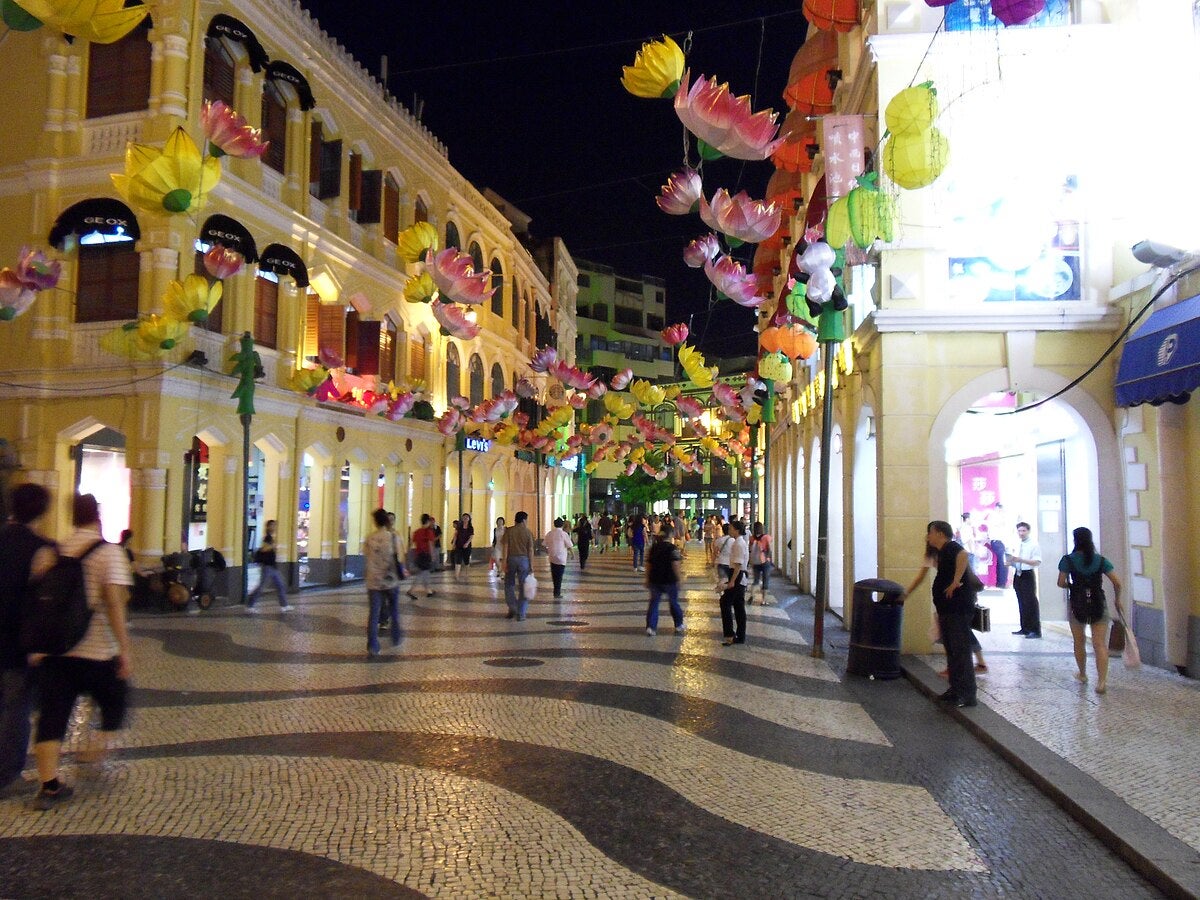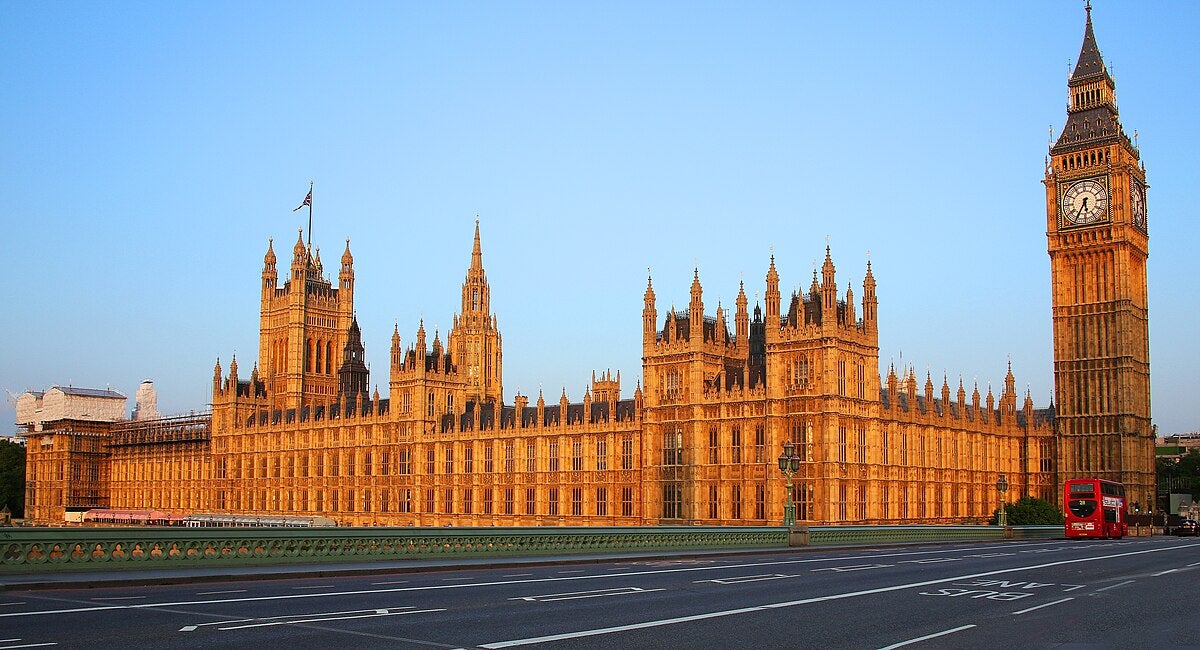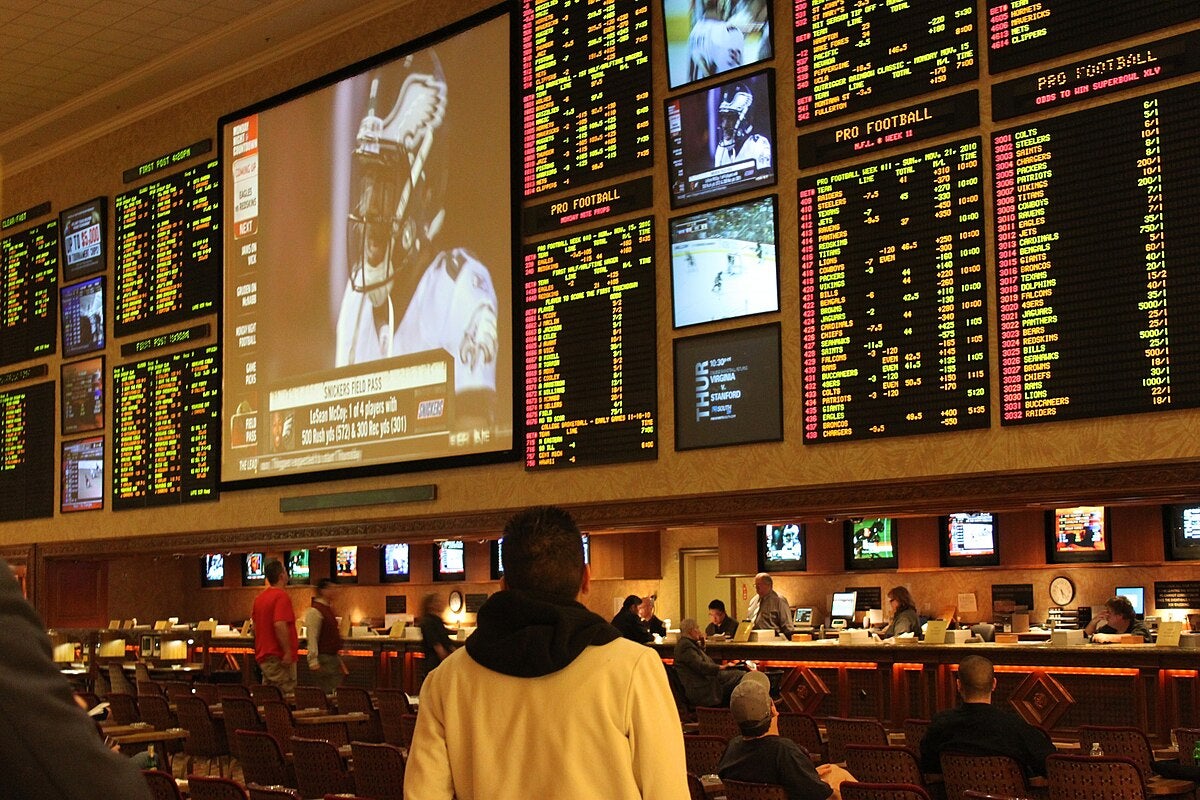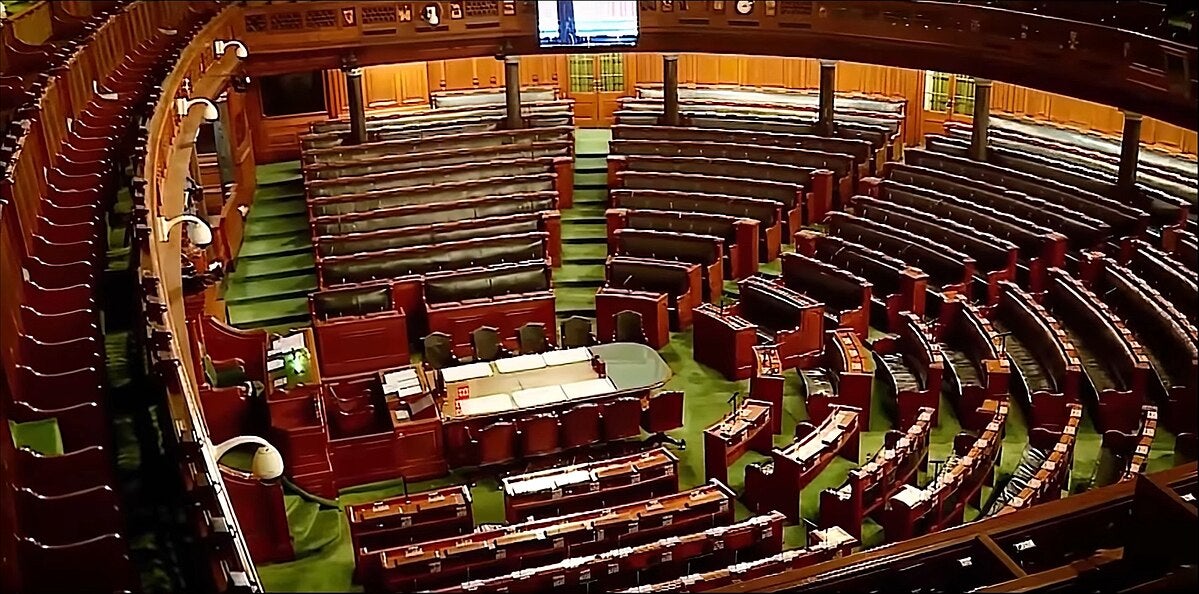Domestic Pushback
The proposed casino legislation has drawn sharp criticism, including from religious groups like the Buddhist Association of Thailand, which labeled the plan a threat to national values. In a recent open letter, the group argued the move would turn Thailand into a “land of vice”, benefiting foreign operators over locals. It has also sparked protests in Bangkok and inspired petitions for its dismissal.
PM Shinawatra reiterated the government’s commitment to the bill, clarifying that casinos would take up only 5% of integrated resorts alongside hotels, retail stores, and theme parks. She dismissed fears of casinos opening up nationwide, stating complexes would be limited to approved tourist hubs.
International Trade Crisis and Recovery Efforts
The Prime Minister cited the 36% US tariff hike on Thai exports and the recent earthquake in Myanmar as priorities over the contentious casino legalization bill. The stance contrasts sharply with Deputy PM Phumtham Wechayachai’s earlier defense of the bill as a necessary economic countermeasure to offset tariff losses.
Analysts note the mixed messaging underscores internal coalition tensions. While PM Shinawatra framed the delay as logistical, her deputy touted its potential to generate billions for the economy—a stance echoed by Deputy Finance Minister Julapun Amornvivat, who had earlier expressed confidence in the legislation passing its first parliamentary reading.
Potential Economic Boost
The proposed bill mandates that gambling floors occupy less than 10% of integrated resorts. They would have strict entry rules for locals, including a THB50 million (US$1.5 million) wealth threshold, and pay a THB5,000 (US$147) entry fee.
The government argues that these measures are to curb gambling addiction while benefiting the economy. The Finance Ministry projects each complex could generate THB100 billion (US$2.9 billion) annually and 20,000 jobs while boosting tourist spending by 40%. The move aims to boost a sector representing 13% of the Gross Domestic Product and employs 20% of the workforce.


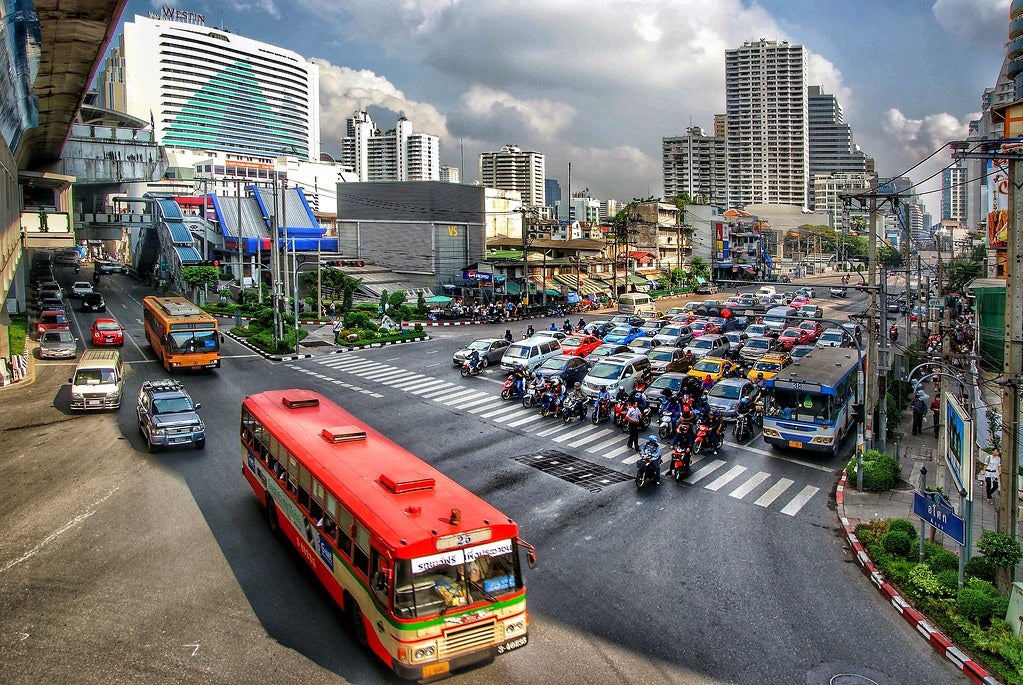


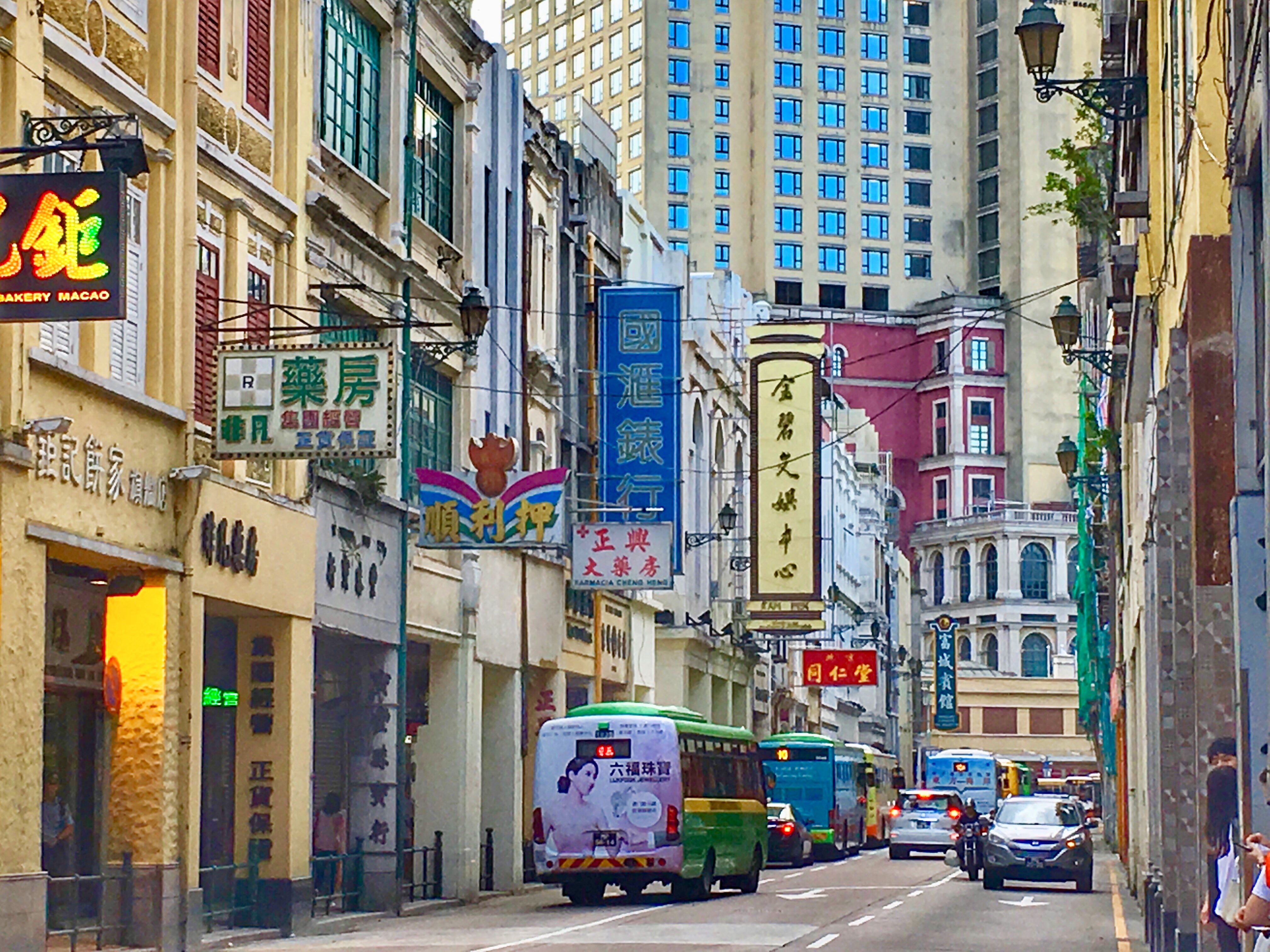
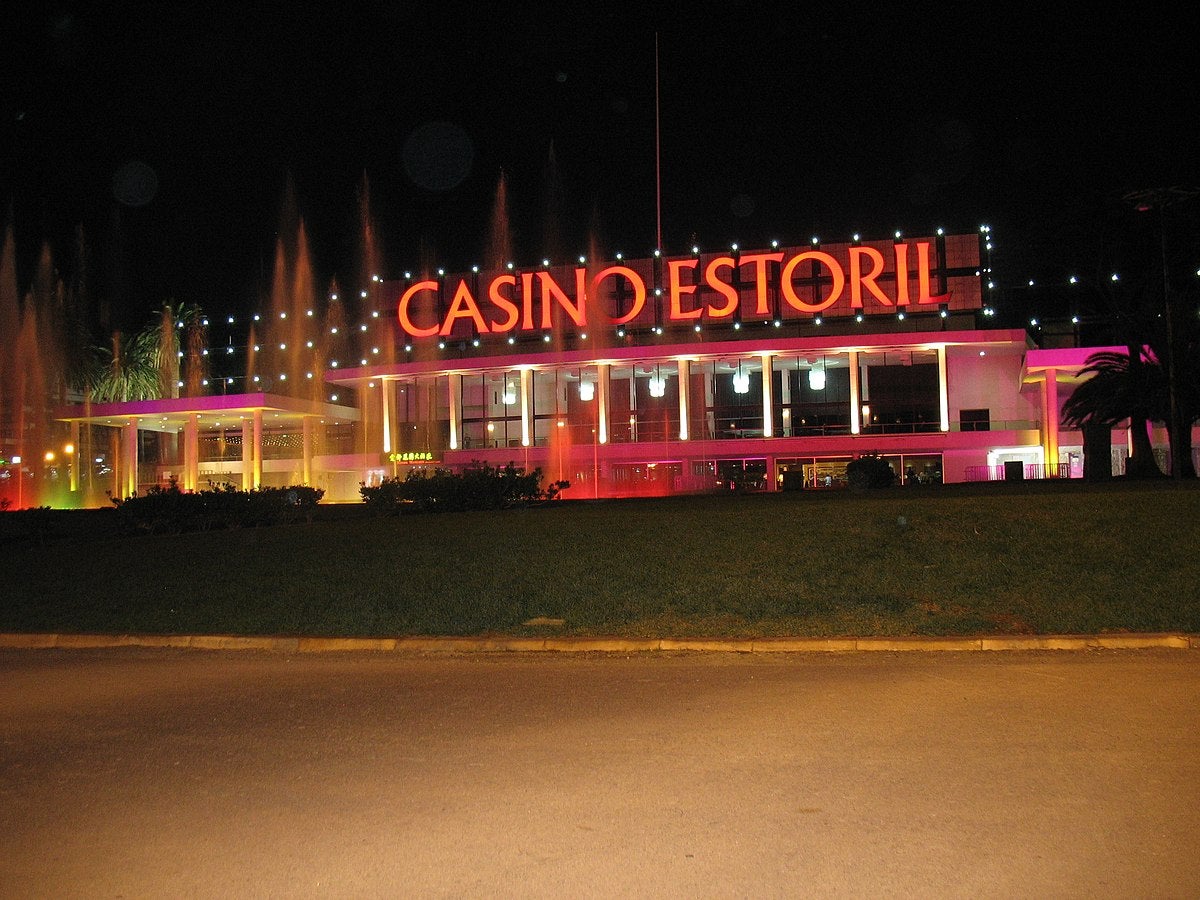


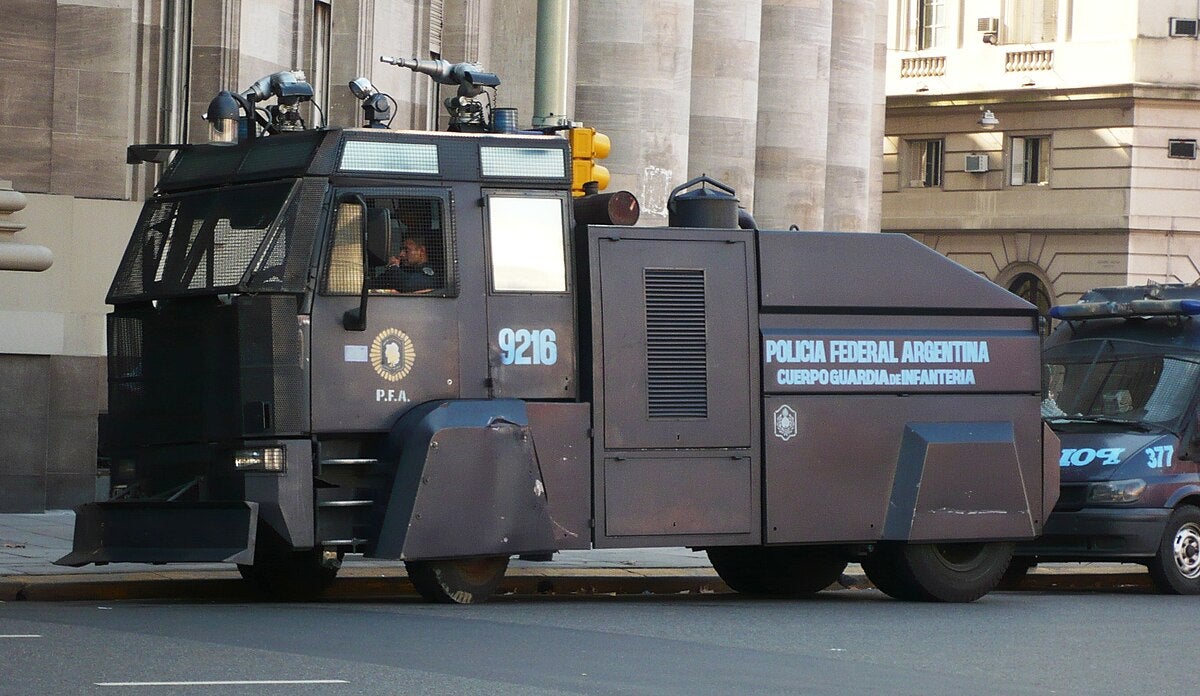

.jpg)
